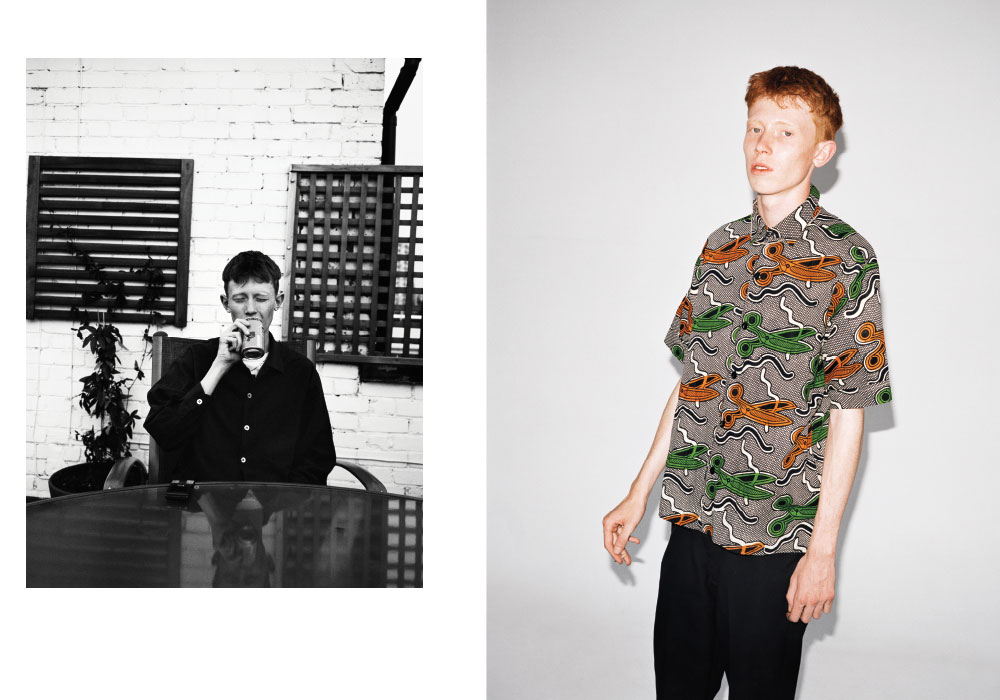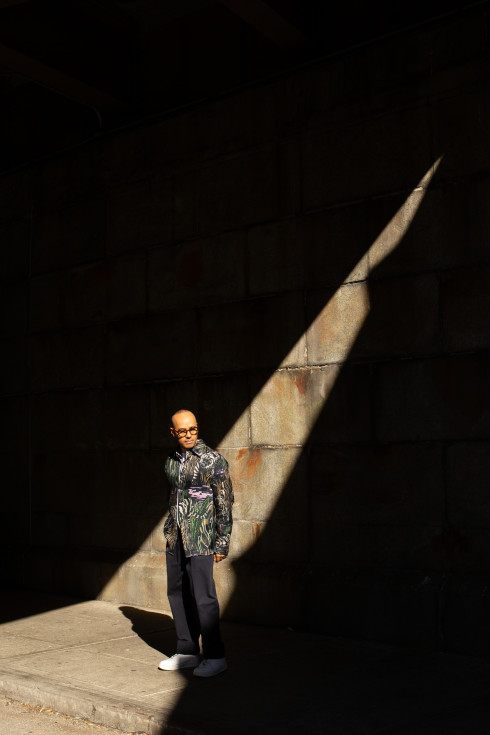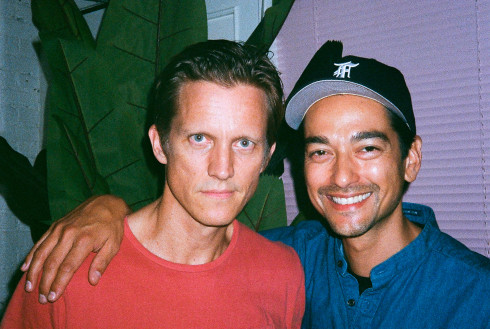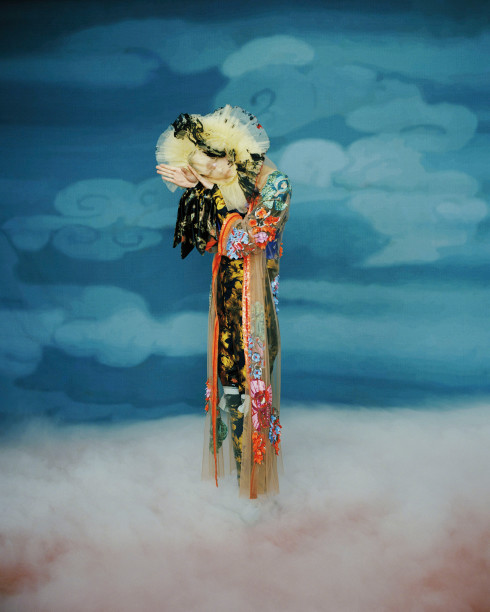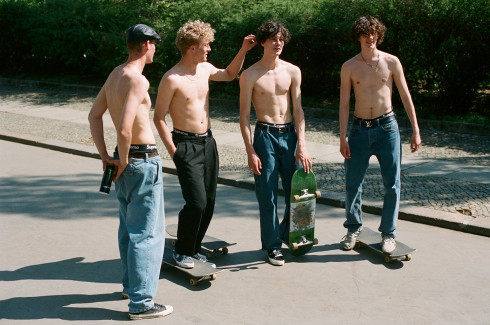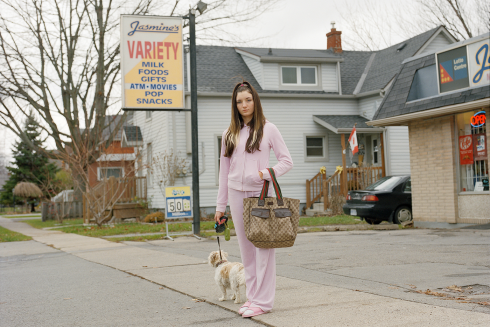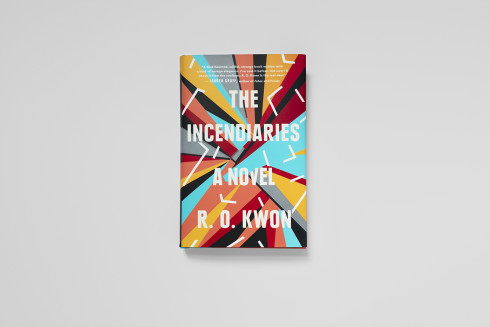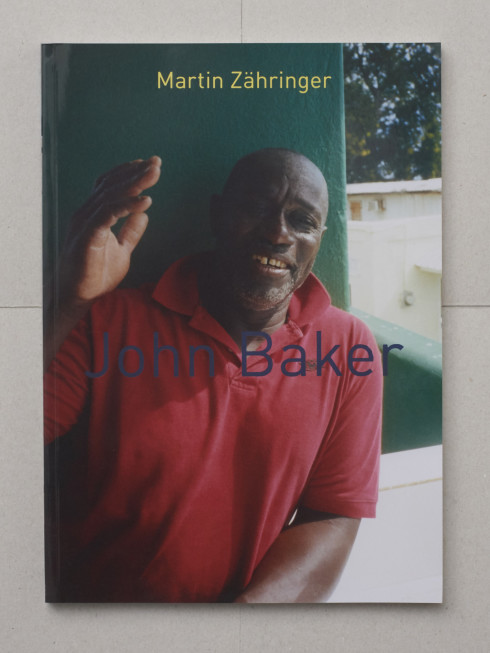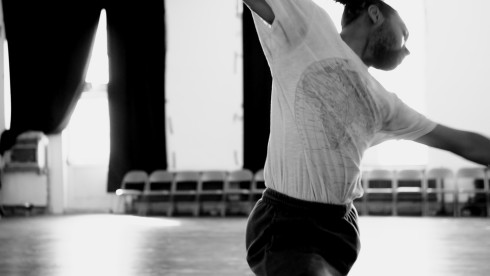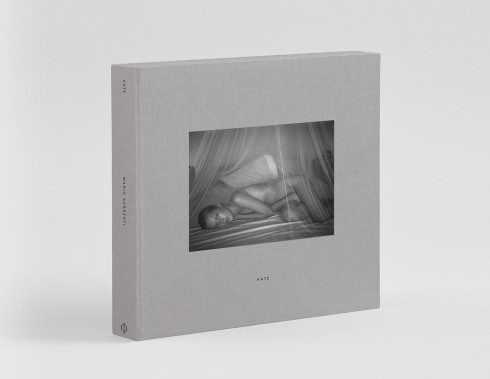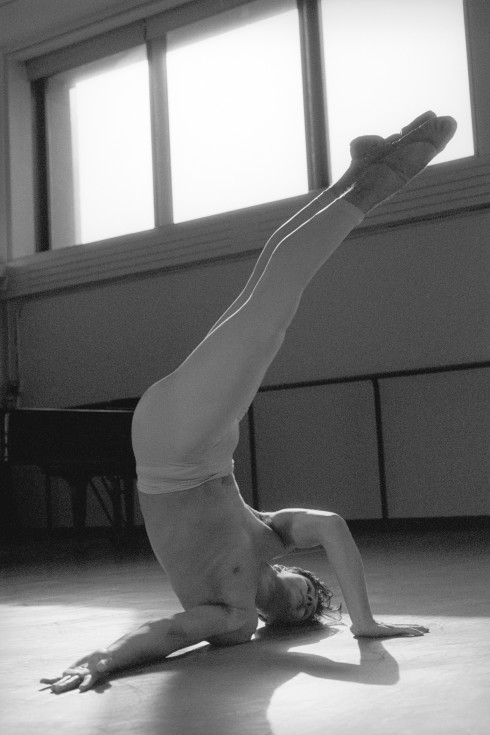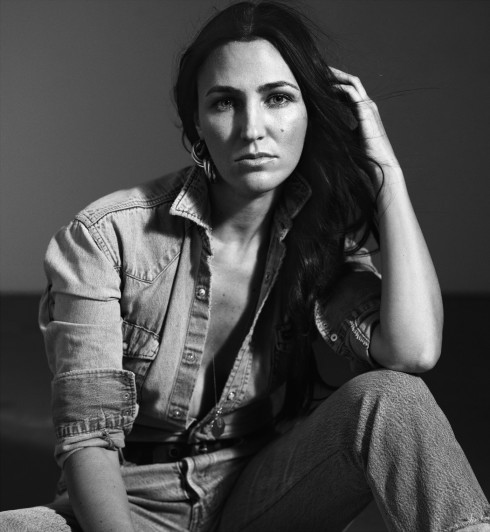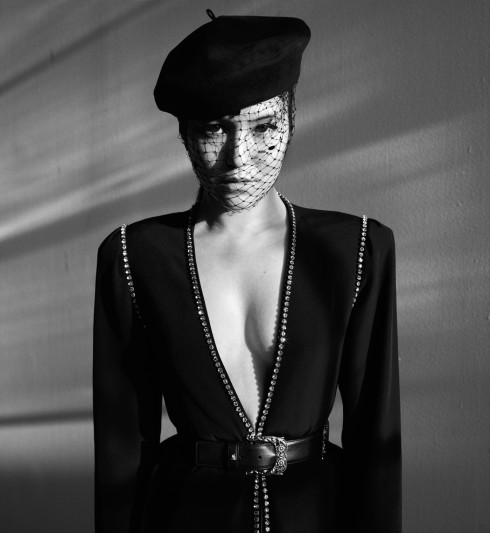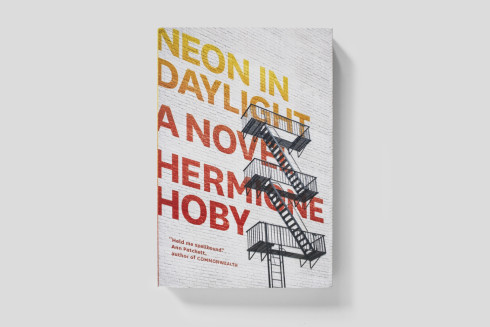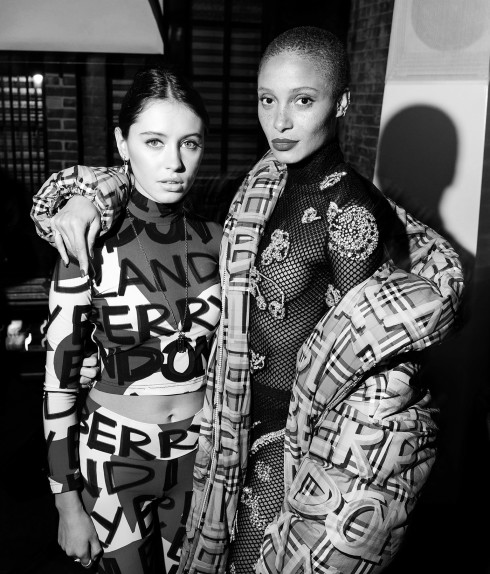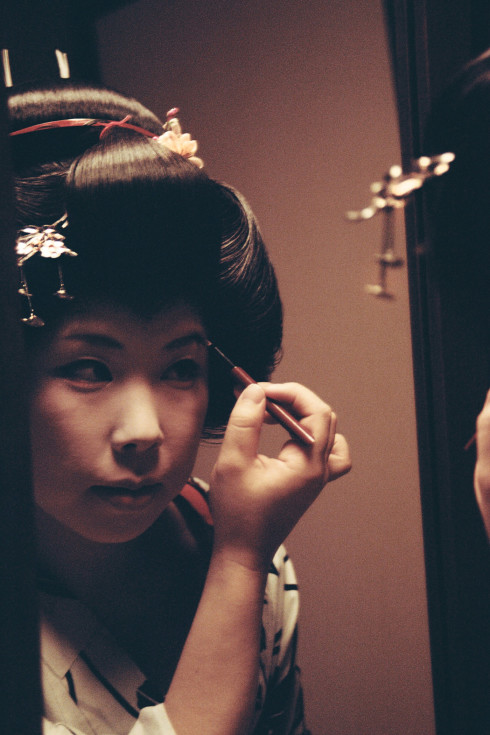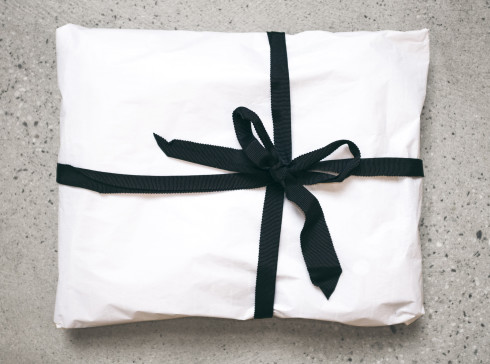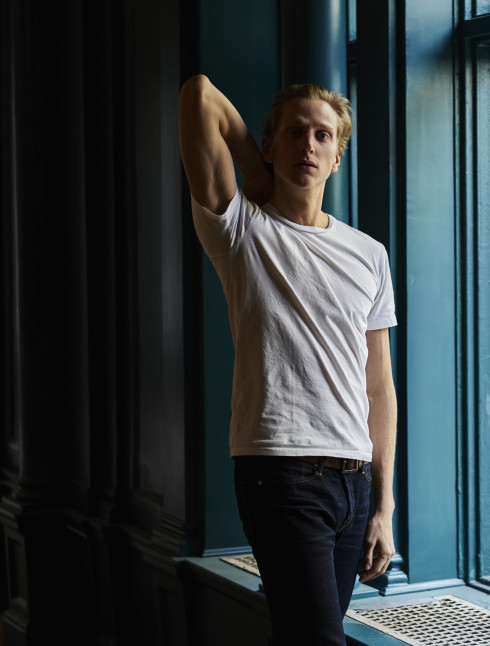- By
- Rawiya Kameir
- Photography by
- Angelo Pennetta
KING KRULE
Archy Marshall doesn’t sugarcoat anything. The nineteen-year-old isn’t a brat, just very much a teenager with no compulsion to mince words. Marshall, better-known as King Krule (or Zoo Kid or Edgar the Beatmaker or DJ JD Sports, depending on what day it is), is an artist’s artist: a committed-to-honesty, keep-it-real type who leaves it all on the page, whether that page is a post-punk-inspired song or an abstract watercolor.
Marshall wrote his first song at the age of eight—in 2002, the same year the Streets’ game-changing Original Pirate Material was released—and spent much of middle and high school toying around with instruments, recording his attempts at music in his mother’s Dulwich, London, home. The sounds of his youth, which he describes as a mish-mash of the eclectic music revered by his mother, punk that trickled down from his older brother, and a South London love of hip hop, have come to be his calling card.
A smattering of songs released online as Zoo Kid and, later, a breakout EP—released as King Krule in 2011—earned him the Internet’s attention. Marshall’s simple, evocative songwriting and penchant for blending musical references—dexterous guitar mixed with the looseness of jazz fusion, found samples, and hip hop breaks and even rhymes—made him stand out. But, prodigious writing aside, there was also the Voice, an almost-unbelievable baritone through which Marshall proved particularly adept at channelling the sneering concerns of his generation. On “Has It Hit,” a song released in 2010 and footnoted with the phrase “The climax of the eyes of the world and the view of a very depressing future,” a then-sixteen-year-old Marshall distilled teenage angst and despair to great effect.
Those qualities are further cemented on 6 Feet Beneath the Moon, Marshall’s début album, which was released yesterday on True Panther/XL, and which Marshall describes as the work of a lifetime. “It’s a documentation of growing up and of my childhood. It means a lot to me. I feel like I was working on it since I was born,” he says.
The album highlights Marshall’s growth as a songwriter over the past few years, with songs that are true to the King Krule sound and ethos but are considerably more sophisticated. “I’ve developed,” he says, pointing out that he benefited from years of practice and from enlisting Rodaidh McDonnell (Savages, the xx) as a co-producer. “I see the lyrics as my main art form. I feel like I’ve grown up and matured lyrically. I kept songs on the [new] album I wrote in 2007 to contrast the naïveté with the lyrics that flowed to me over the last few months of making the record.”
The album, for which he began writing songs at the age of eleven, deals with many of the same dark themes as his previous releases, but more pointedly so. Marshall could make a phone book sound moody.
The lyrics—for instance “Well, your dead-end job’s been eating away your life. You feel little inside,” on the song “Easy, Easy,” and “I’ve got everyone on my back, but I’m not gonna crack like you cracked” from “A Lizard State”—sit above aggressive, post- punk guitar licks and loose, jazzy instrumentation that make the desolation palpable. Some of the darkness that comes across is existential, betraying a tortured, world-weary soul struggling to cope with this modern life. “The songs are a representation of my vibe at times and of specific things that have happened. I like to take into account mainly the mental and emotional aspect of things that have happened. It’s quite therapeutic,” Marshall says, adding that he’s long viewed music as the ultimate escape.
“It’s a perfect outlet for really, really dark emotions and some of the deepest and darkest pain that you could ever express. It’s an acceptable face for a very unacceptable mind,“ he says mischievously. In the same breath he points to visual art—painting and drawing comics, in particular—as a twin outlet.
But some of the frustration that comes across on 6 Feet Beneath the Moon is also the result of having no illusions about the harsh realities of life for the youth of London, with that city’s 2011 riots being a particularly important touchstone. The unrest was sparked by the shooting of a North London man at the hands of police, but widespread disenchantment led the protests to quickly escalate. Like the bands that famously made up London’s proto-punk scene in the Seventies and Eighties, Marshall’s psyche is inextricably tied to the legacy of the city’s chronically disenfranchised, and historically rebellious, youth.
“[My work] is definitely about youth, about maturing and developing. I’m always going to be developing my views. I grew up in London, it’s something that’s in my heart,” says Marshall. “It’s my surroundings, so it’s hard to escape any repercussions of that theme in my music because I was around [for the riots]. It happened in the streets of London and you can feel it in my music. I do it naturally and as honestly as possible.”
But Marshall’s not all misery-loves-company. Asked if darkness consumes him, he drawls emphatically: “Nah, man.”
And Marshall has a lot to keep him busy; he maintains several side projects, including a series of hip hop mixtapes released as Edgar the Beatmaker, a string of DJ gigs as DJ JD Sports, and collaborations with the likes of Mount Kimbie and possibly Frank Ocean, if things go his way. But Marshall insists his work as King Krule is closest to his true self.
“I have a weird sense of a presence just above my skull, and the King Krule stuff forms there, whereas the rest of the stuff comes from messing about with sounds,” Marshall says. “[King Krule] feels like the most me because I like to isolate myself when I’m working on it.”
Marshall goes silent mid-thought, the reality of his success perhaps dawning on him. “This is what I always wanted to do and I’ve become it. Damn.”
6 Feet Beneath the Moon is out now from True Panther/XL.
Rawiya Kameir is a writer and editor in New York. She spends a lot of time on the Internet. Grooming by Alex Brownsell at D+V Management. Photographer’s assistant: Johnny Dufort. Producer: Sylvia Farago. Production assistant: Samantha Jourdan. Photographed at Snap Studios, London.
- By
- Rawiya Kameir
- Photography by
- Angelo Pennetta
